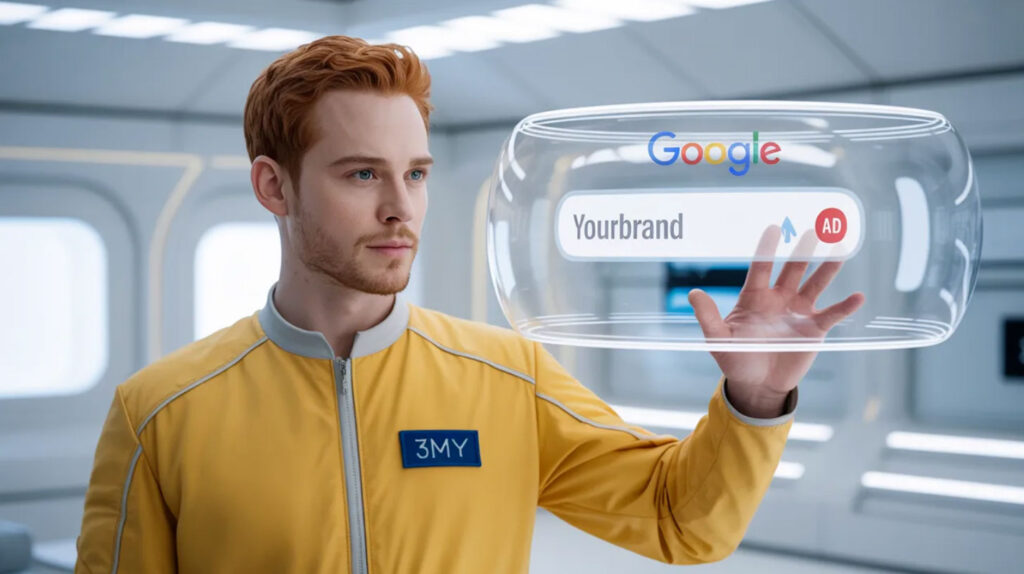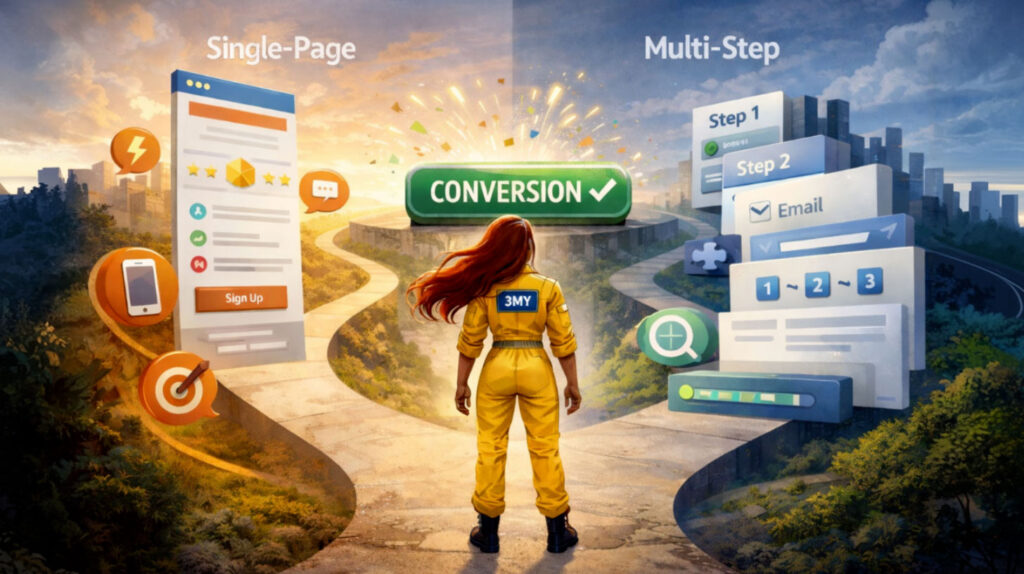In 2025, your website isn’t just a nice-to-have. It’s the core of your digital presence – a storefront, sales machine, lead funnel, support hub, and the first place people decide if they trust your business.
In an era of AI content floods, shrinking attention spans, and high competition in every niche, a DIY website isn’t just a missed opportunity it’s a liability.
Here’s why a professionally built website isn’t a luxury anymore – it’s a business necessity.
1. Speed = Sales
What happens when your site loads slowly?
Users bounce. Rankings drop. Sales vanish.
What makes the difference?
- DIY site: Bulky templates, overloaded with plugins, slow hosting, unoptimized media
- Professional site: Clean code, compressed assets, performance-first design from the ground up
The result:
- Load times under 2 seconds (not 7+)
- Lower bounce rates, higher engagement
- Better Google rankings, more organic traffic
- Real uplift in conversion rates — because no one buys from a slow site
2. Structure That Drives Action
Good design isn’t just aesthetic — it’s strategic.
You don’t need “pretty” pages. You need pages that lead visitors to do something: click, sign up, call, buy.
The difference:
- DIY site: Scattered layout, unclear hierarchy, confusing flow
- Professional site: UX-based layout, mobile-first logic, user paths mapped to business goals
The result:
- Clear CTAs that actually convert
- Visitors don’t just browse — they act
- Seamless flow from landing to lead
- Lower drop-offs, higher ROI
3. SEO Built In, Not Tacked On
SEO is infrastructure.
You can’t bolt it on later and expect great results.
DIY site:
- No structured data
- No internal linking strategy
- Wrong heading hierarchy
- Slow crawlability, indexation issues
Professional site:
- Technical SEO from day one
- Clean code, fast load, mobile-first
- Proper metadata, alt tags, schema
- Strategy aligned with keyword intent and buyer behavior
The result:
- Better rankings from day one
- Pages that actually get indexed
- Long-term visibility without endless fixes
4. Scalability Without Headaches
Your site will grow — or at least, it should.
But not all websites can handle that growth.
DIY site:
- No version control
- Breaks during updates
- Theme limitations
- Data bottlenecks
Professional site:
- Modular architecture
- Flexible backend structure
- Future-proof integrations
- Clear documentation for devs
The result:
- Add new sections or features without breaking things
- Lower tech debt over time
- Easy to maintain, easy to evolve
5. Real Brand Perception in Seconds
Design = trust.
People make decisions about your brand in 2–3 seconds. A generic template sends the wrong signal — that you cut corners.
DIY site:
- Inconsistent visuals
- Off-brand color palette
- Stock photos, robotic text
Professional site:
- Custom visuals aligned with brand identity
- Thoughtful typography and spacing
- Clear messaging and copy built for your voice
The result:
- You look credible and established
- Visitors trust you instantly
- Your brand stands out — and sticks
Bottom line:
A professionally built website doesn’t just look better — it works better. It performs. It ranks. It converts. It gives you a real edge when attention is limited and competition is high.
Cutting corners online costs real money. Doing it right pays off long after launch.
What 3MY Brings to the Table
We don’t just build websites — we create systems that drive conversions.
Here’s what goes into every project we take on:
- Strategic UX that guides visitors toward action
- SEO-ready structure built for organic growth
- Fast, mobile-first performance that holds attention
- Clean custom development (or low-code, when it makes sense)
- Visuals and messaging that reflect your brand, not a template
Whether you’re launching something new or scaling what’s already working, we build websites that support real business growth — not just digital decoration.

Not Sure What You Actually Need?
We’ll look at your current site, traffic goals, and lead-gen setup — then break down exactly what’s worth building (and what’s not).
Clear answers, no fluff. Just a real plan for 2025.










